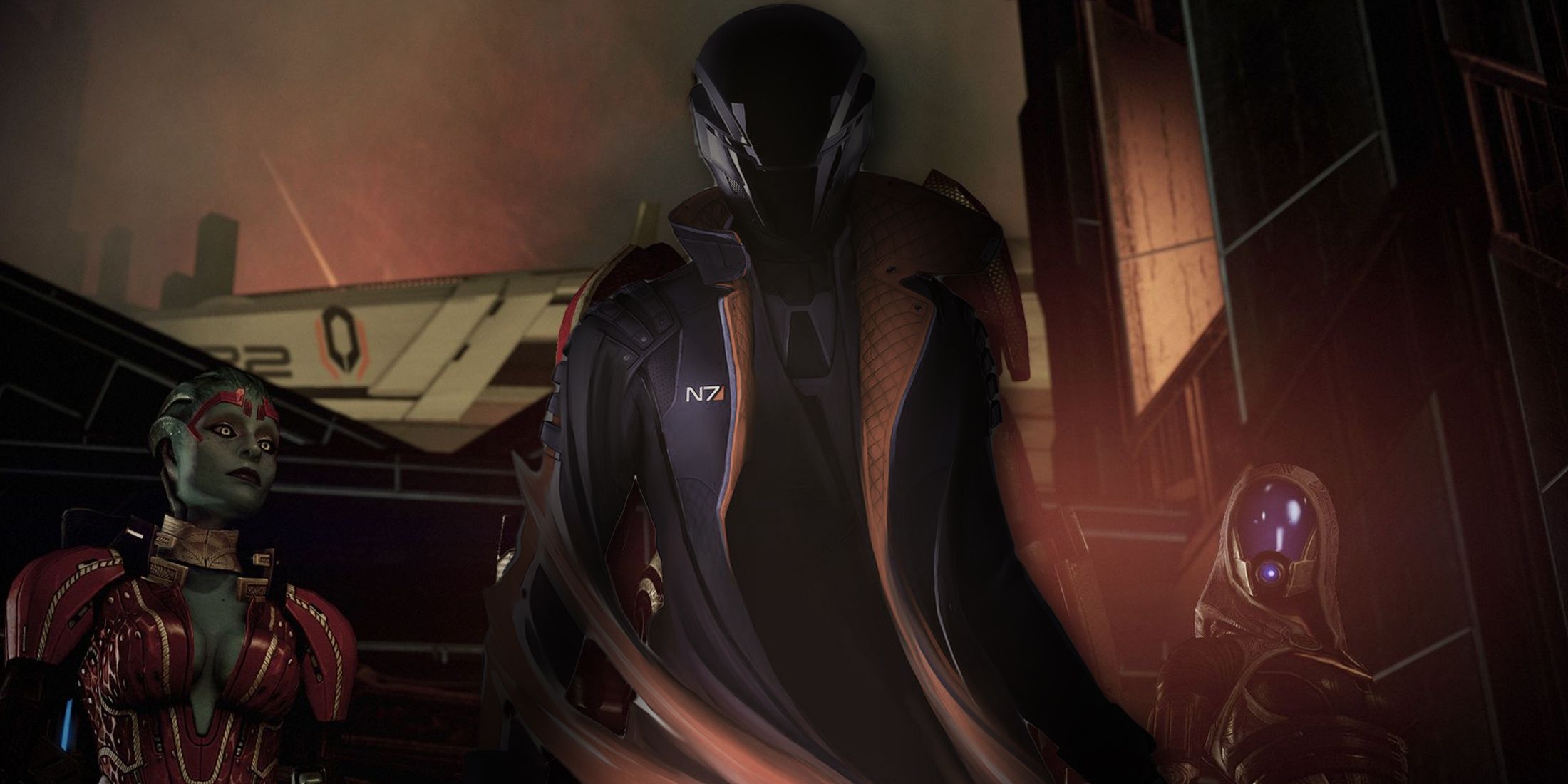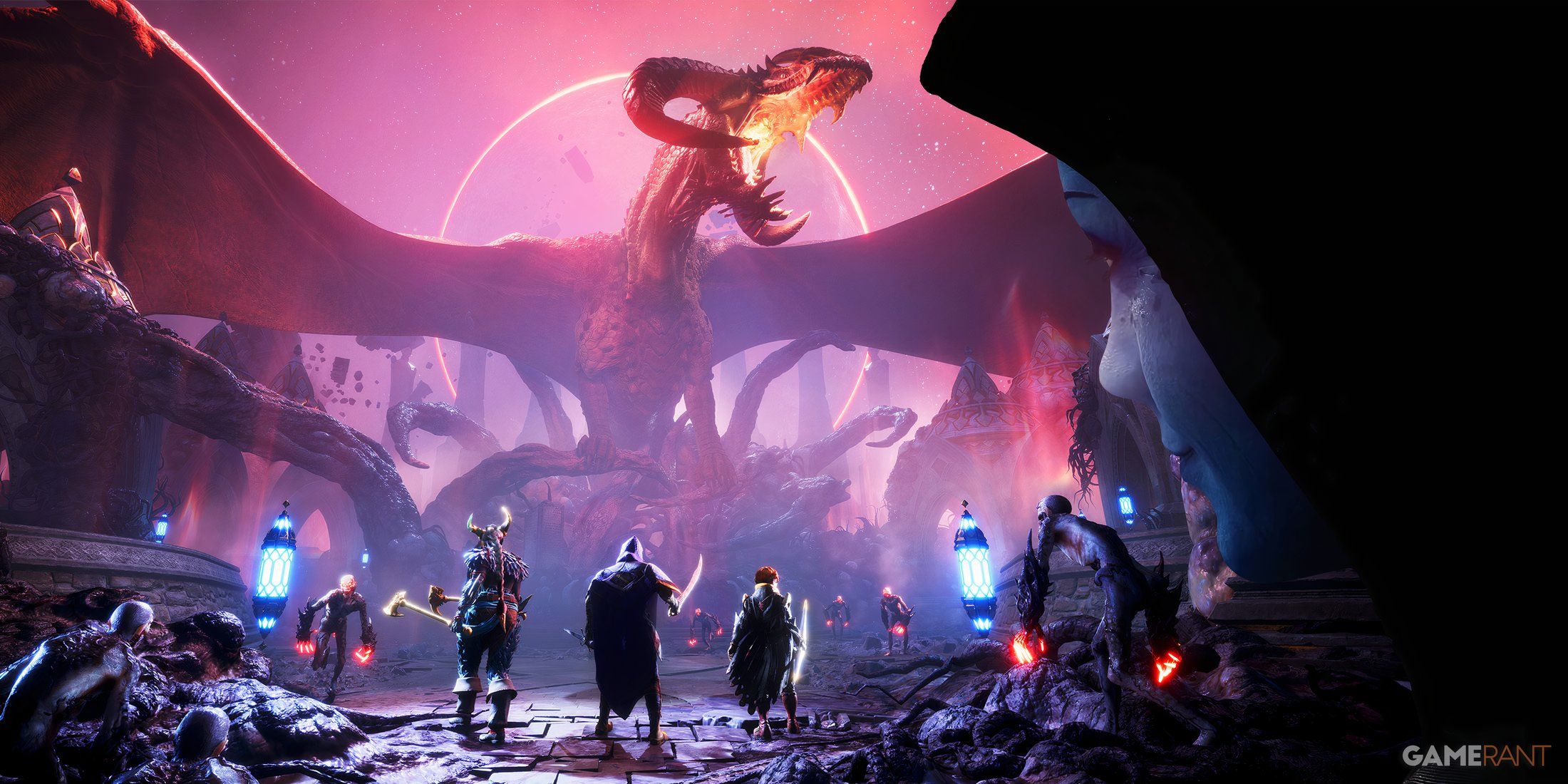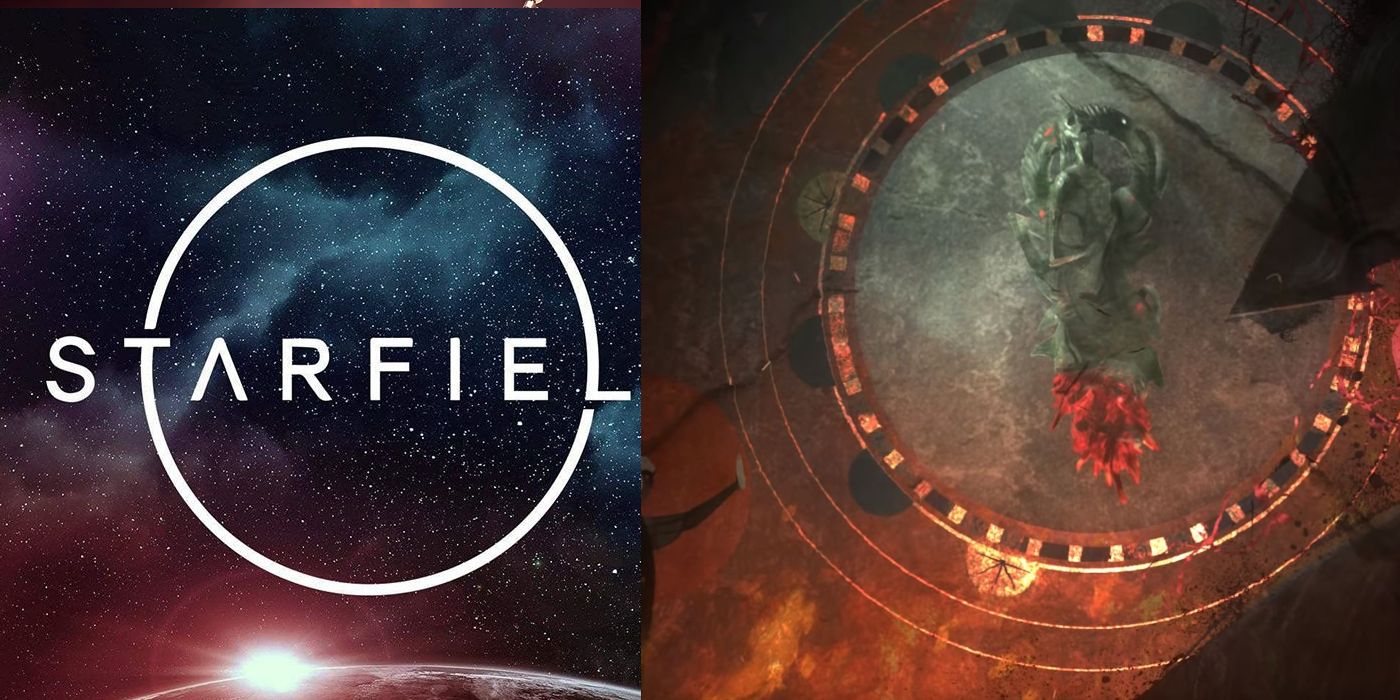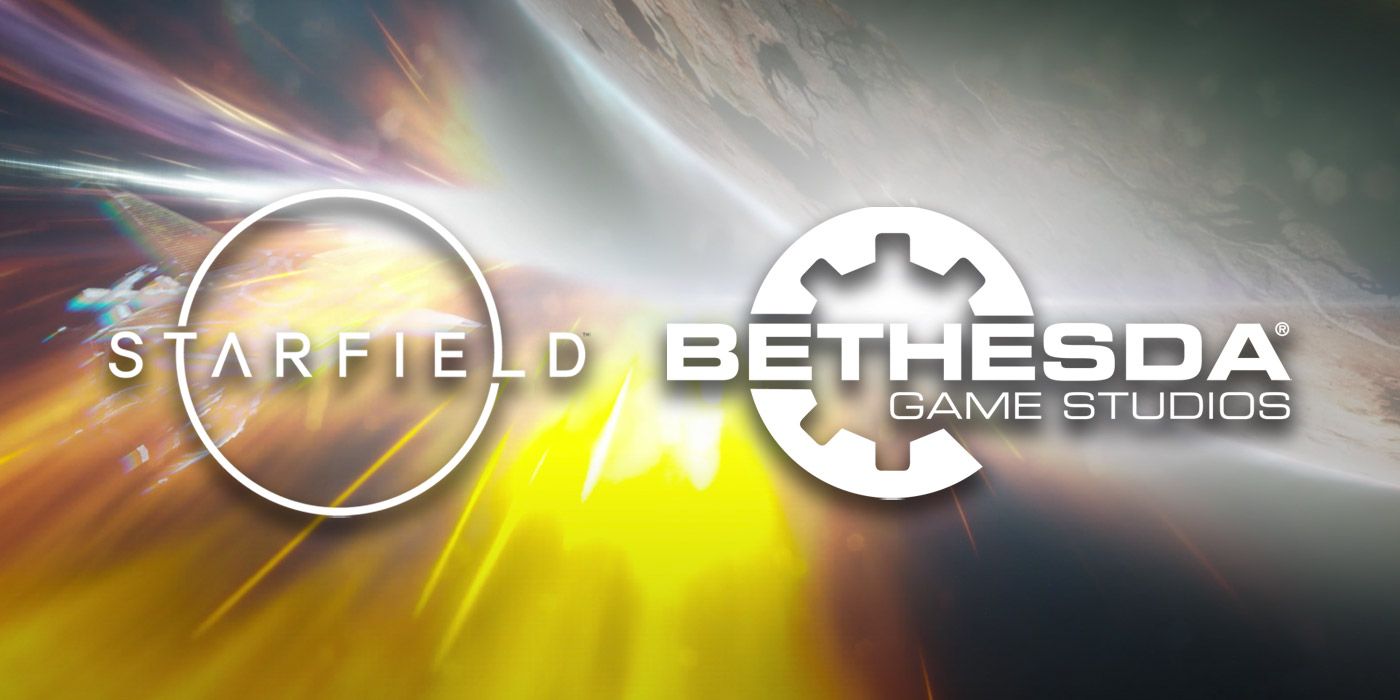RPGs have changed a lot over the past 10 years. The decade began with the release of genre-defining critically acclaimed successes like Skyrim and Mass Effect 2, and since then few games in the genre have had the same impact. These games made studios like Bethesda and BioWare bigger household names, even among gamers who, before then, had never considered roleplaying games.
Since then, however, both BioWare and Bethesda have released games that have been less successful both critically and commercially, and the studios need to stick the landing on the next-gen consoles if they’re going to stay on top in the coming decade. The two studios, however, are taking two very different approaches, both with their own set of risks and advantages.
Bethesda
Bethesda is the king of open-world first-person RPGs. The studio isn’t known for its tight writing or character development, but instead for providing players with huge open world sandboxes and the freedom to explore them in any way the player sees fit. The real story in most Bethesda-made and Bethesda-published RPGs take place in the head of the player as they explore a landscape which isn’t only the true main character of the game, but in the case of New Vegas and Skyrim, lends the game its name as well.
Fallout 4 marked a divergence from Bethesda’s usual focus on freedom, giving the player character a preset backstory and one of two voices depending on the gender selected during character customization. As a result, many players found their freedom to roleplay as whoever they wanted was restricted, and though the game was a financial success, it was more divisive than Skyrim in the long-run, raising anxieties about the studio’s future.
These anxieties worsened among both fans and shareholders with the release of Fallout 76, a multiplayer spin off from the Fallout series with a launch infamously plagued by bugs. Not only that, but it worsened fears that the developer was straying from the freedom-focused single-player experiences that had made many fans fall in love with Bethesda to begin with.
Bethesda is hoping to make some big changes during the next generation of gaming which will put it back on top. Not only is the studio abandoning Skyrim’s engine in what could be the biggest leap forward since the jump from Morrowind to Oblivion, but Bethesda is introducing its first new IP in 25 years with Starfield, a space-set epic RPG set for release before The Elder Scrolls 6.
Some recent rumored leaked images of Starfield make it look unlike any Bethesda game released before. It appears to be in third-person, with some survival elements indicated by oxygen and carbon-dioxide meters, and a focus on space exploration rather than immersion in a single highly detailed region. Not only that, but the player has a ship, making it one of the first Bethesda games to include any sort of large base or vehicle like the Normandy in Mass Effect.
It’s a huge gamble. Fans have been waiting for The Elder Scrolls 6 since the reveal trailer was dropped back in 2018, and the long wait has made some speculate that TES6 was announced early to divert attention from potential criticism of Fallout 76. The fact that Starfield appears to move even further from the standard Bethesda formula will worry a lot of fans, but considering the fact that it has few implications for the design of The Elder Scrolls 6, it is possible that Starfield will help revive the creativity of a studio which has focused on two major IPs for decades.
BioWare
BioWare’s most famous RPGs took a very different approach to Bethesda’s. The Dragon Age and Mass Effect series told character-driven stories with a focus on the player’s relationship with their companions while telling tightly-crafted narratives where the player’s main freedom wasn’t in their ability to explore the world but in their ability to make decisions which had effects on the plot of the game. Covering these two schools of design, Bethesda and BioWare dominated the western RPG scene at the start of the 2010s, but like Bethesda, BioWare has run into recent trouble.
Mass Effect: Andromeda, like Fallout 76, was infamously buggy. Many Andromeda devs have spoken about their difficulties animating in EA’s Frostbite Engine, where animation rigs had to be built from scratch. Not only that, but Andromeda represents one way in which the studio was a victim of its own success, with BioWare growing large enough to create a secondary team of less experienced developers in Montreal that worked on the Mass Effect sequel while the main Edmonton team developed other projects.
BioWare’s second problem came with the release of Anthem, a multiplayer action-roleplaying game that had such a disastrous launch that one year on the studio is already working on a complete overhaul of Anthem. Unlike Bethesda, however, this recent trouble appears to have made BioWare double down on its two strongest IPs, Mass Effect and Dragon Age.
It is seeming increasingly likely that a remaster of the original Mass Effect trilogy will be announced on this year’s N7 Day, November 7, with evidence from pre-order leaks to a scheduled book of the original trilogy’s concept art set to be released in early 2021 to an unnamed EA “HD Title” set for release before the end of the fiscal year. Dragon Age 4 is set to be BioWare’s first big project for the next-gen consoles, continuing the story of the Dread Wolf from Dragon Age: Inquisition.
What remains to be seen is which approach will be more successful. Bethesda runs the risk of straying too far from its roots, while BioWare runs the risk of stagnating with old IPs. If the Mass Effect remastered trilogy is on the way it will likely sell very well, but it doesn’t give BioWare a clear future direction. Bethesda on the other hand can still rely on the financial success of The Elder Scrolls 6, but risks damaging its reputation in the meantime with its new IP Starfield if the gamble doesn’t pay off. With studios like Obsidian and CD Projekt Red having risen to greater prominence over the last decade, the future of both Bethesda and BioWare, and whether they can remain triple-A RPG giants, remains to be seen.
Starfield is currently in development, and the Mass Effect Trilogy Remaster is reportedly in development.






